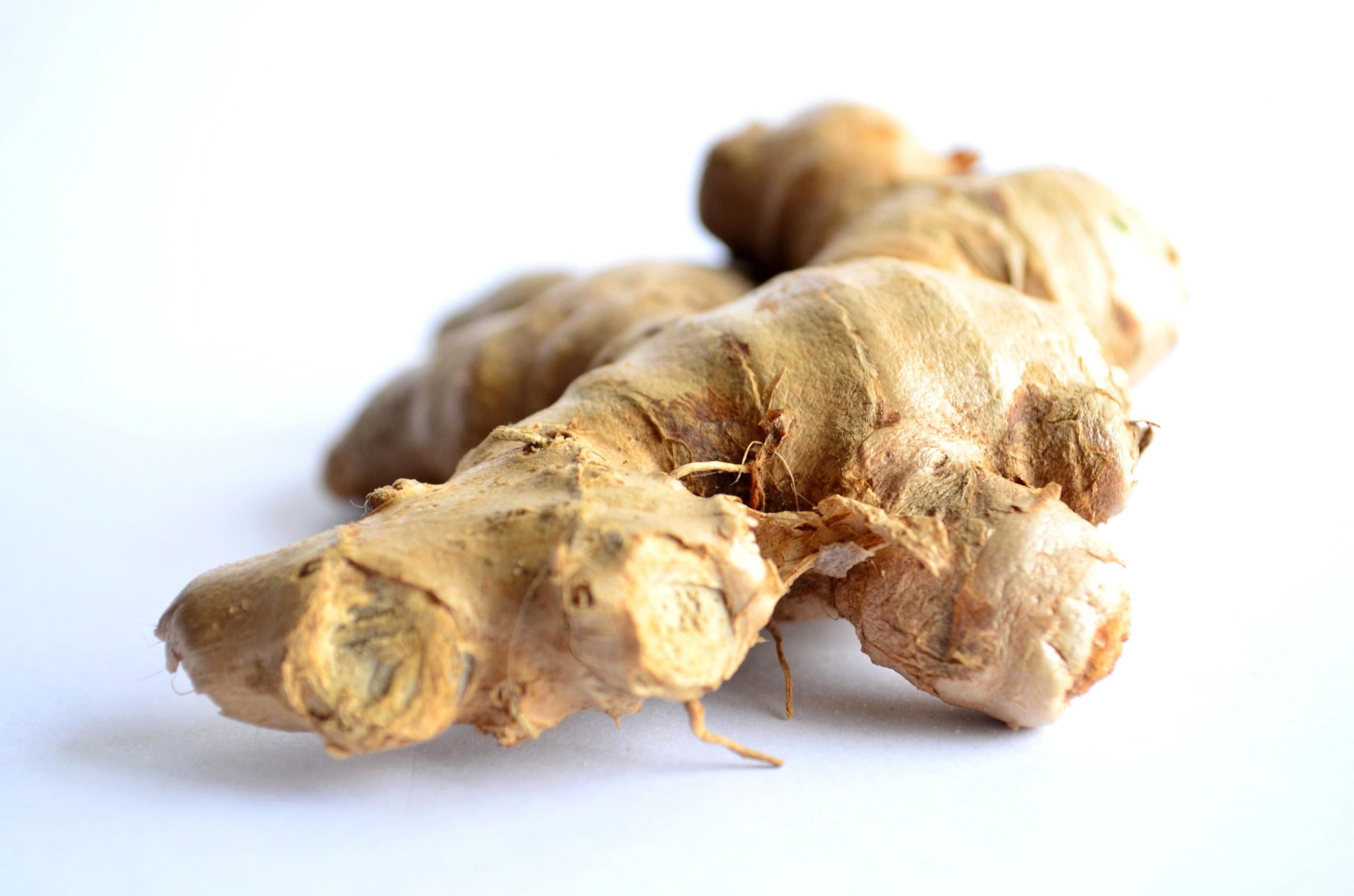
Hello, keto enthusiasts! Today, we’re cracking open the truth about eggs and their prominent role in the ketogenic diet. Eggs have long been hailed as a nutritional powerhouse, but what makes them so well-suited for a low-carb, high-fat lifestyle? Join us as we delve into the world of eggs, exploring their impressive nutritional profile, their benefits for ketosis, debunking myths, and providing you with delicious ideas on how to incorporate eggs into your keto meals. Get ready to discover why eggs are a true keto diet staple! 🍳🥚
The Nutritional Profile of Eggs: A Keto-Friendly Package 🌱📊
Eggs are packed with essential nutrients that make them a highly valuable addition to the ketogenic diet. Let’s take a closer look at their nutritional composition:
- Protein Powerhouse: Eggs are an excellent source of high-quality protein, with an average of 6 grams of protein per large egg. Protein is crucial for building and repairing tissues, supporting muscle growth, and promoting satiety.
- Healthy Fats: Eggs contain a good amount of healthy fats, including monounsaturated and polyunsaturated fats. These fats provide a rich source of energy and can help support ketosis by providing a fuel source for your body.
- Vitamins and Minerals: Eggs are a natural source of several essential vitamins and minerals. They are particularly rich in vitamins A, D, E, B12, riboflavin, and folate, as well as minerals such as iron, phosphorus, and selenium. These nutrients play vital roles in various bodily functions, including immune support, bone health, and energy production.
- Choline: Eggs are one of the best dietary sources of choline, a nutrient that plays a crucial role in brain health, cell function, and metabolism.
Eggs and Ketosis: The Perfect Pair 🔥🍳
Eggs are a natural fit for the ketogenic diet due to their macronutrient composition and their impact on ketosis. Here’s why eggs are a perfect pair for your keto journey:
- Low in Carbohydrates: Eggs contain virtually zero carbohydrates, making them an ideal choice for keeping your carb intake low and staying in ketosis. Enjoy eggs without worrying about their impact on your blood sugar levels.
- High in Healthy Fats: Eggs are an excellent source of healthy fats, including monounsaturated and polyunsaturated fats. These fats not only provide satiety but also help support ketosis by fueling your body with the energy it needs.
- Satiating and Versatile: Eggs are incredibly versatile and can be enjoyed in countless ways, from scrambled and boiled to omelets and frittatas. Their high protein and fat content make them highly satiating, helping you feel fuller for longer and reducing the temptation to snack on high-carb foods.
- Budget-Friendly and Easily Accessible: Eggs are an affordable and widely available food, making them a convenient option for those on a keto diet. Whether you’re cooking at home or dining out, eggs are readily accessible and can be a go-to choice for keto-friendly meals.
Delicious Ideas to Incorporate Eggs into Your Keto Meals 🍳🥗
Looking for creative ways to enjoy eggs on your keto journey? Here are some mouthwatering ideas to inspire you:
- Classic Breakfast: Start your day with a hearty keto breakfast by enjoying scrambled eggs cooked in grass-fed butter, paired with avocado slices and bacon or smoked salmon.
- Egg Salad Lettuce Wraps: Whip up a delicious egg salad using mayonnaise, diced celery, and your favorite herbs and spices. Wrap it in crisp lettuce leaves for a satisfying and low-carb lunch option.
- Crustless Quiche: Create a crustless quiche using eggs, heavy cream, and your choice of keto-friendly ingredients such as spinach, mushrooms, and cheese. Bake until set and enjoy a flavorful and protein-packed meal.
- Egg Stuffed Bell Peppers: Hollow out bell peppers and fill them with a mixture of beaten eggs, diced vegetables, and shredded cheese. Bake until the eggs are cooked and the peppers are tender for a colorful and nutritious dinner.
- Keto-friendly Deviled Eggs: Prepare deviled eggs by combining egg yolks, mayonnaise, mustard, and your preferred seasonings. Spoon the mixture back into the egg white halves and sprinkle with paprika or fresh herbs for an elegant appetizer or snack.
In Conclusion: Embracing Eggs on Your Keto Journey 🍳🥚
Eggs are a nutritional powerhouse and a perfect fit for the ketogenic diet. With their high protein content, healthy fats, and zero carbohydrates, they support ketosis and provide a variety of essential nutrients. Whether enjoyed at breakfast, lunch, or dinner, eggs offer versatility and satisfaction while keeping you on track with your keto goals. So, crack open those eggs and embrace their goodness on your keto journey! 🌱🔥













